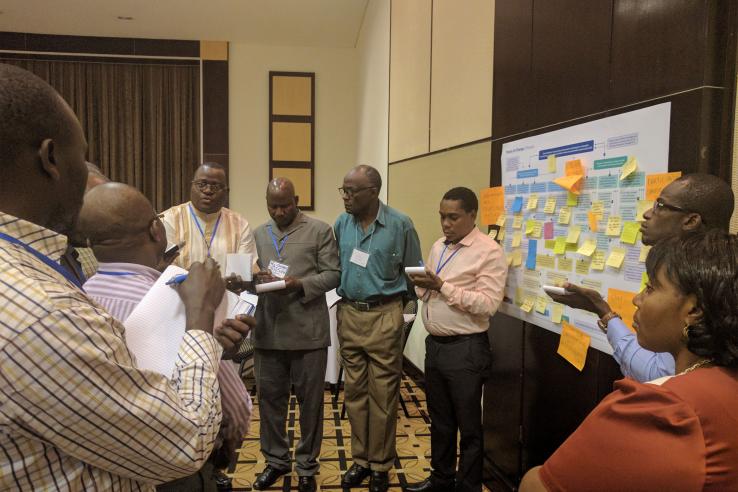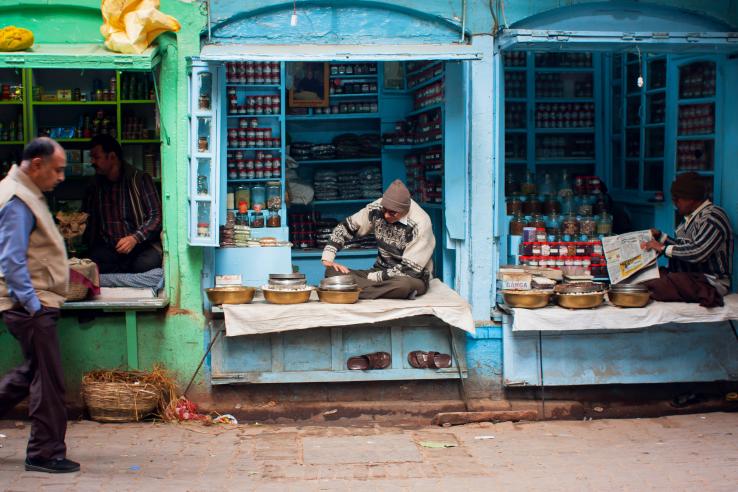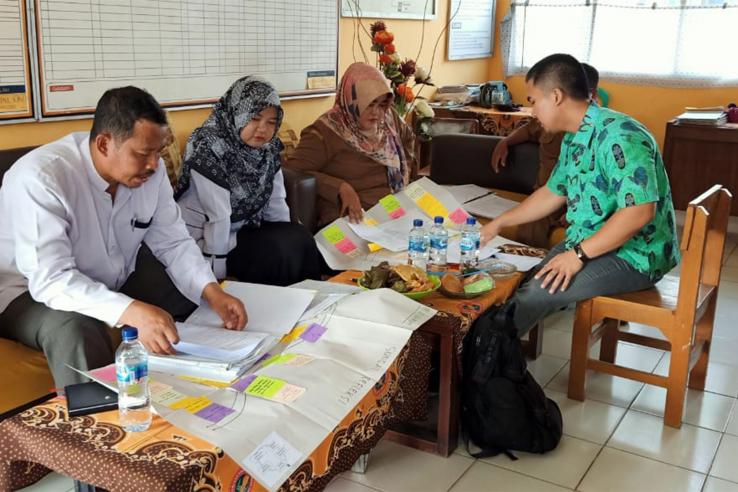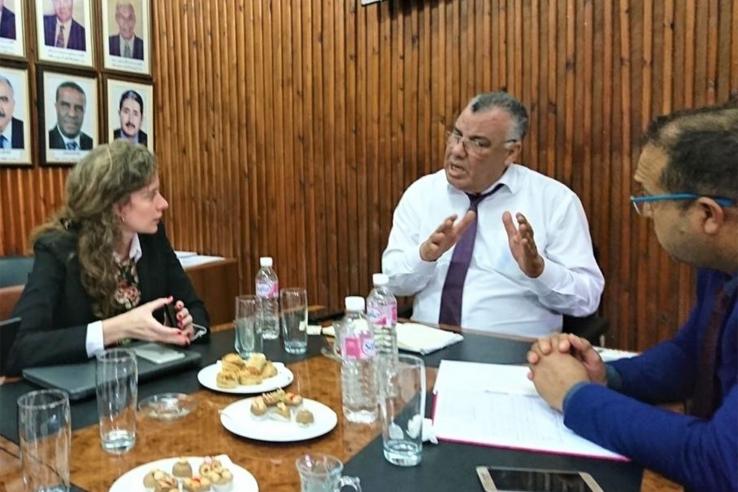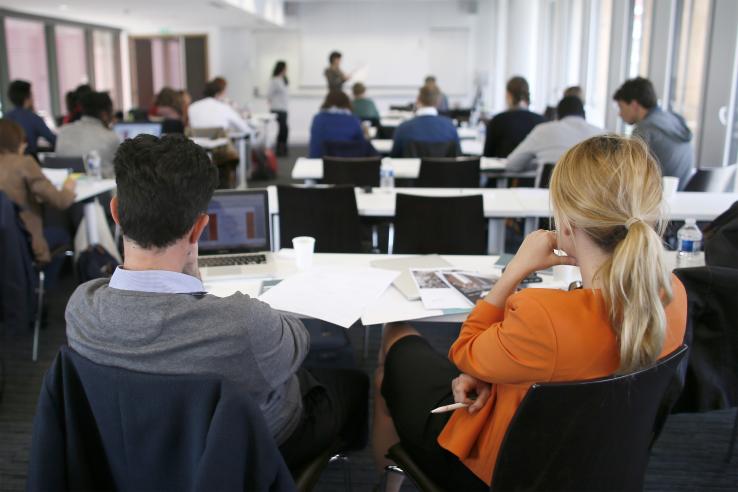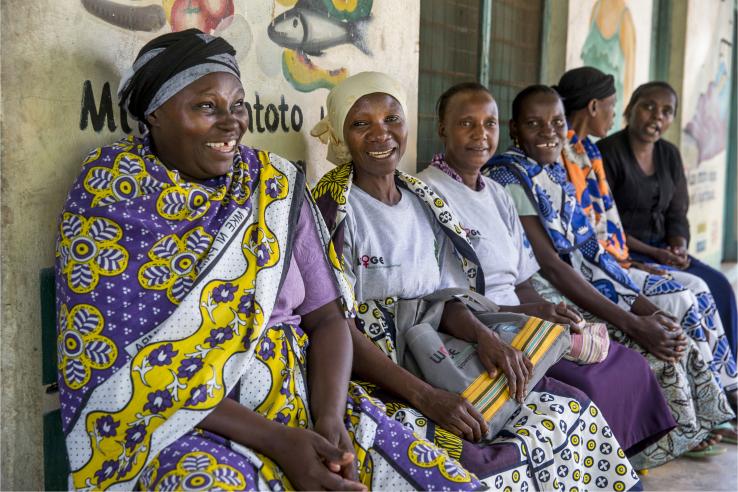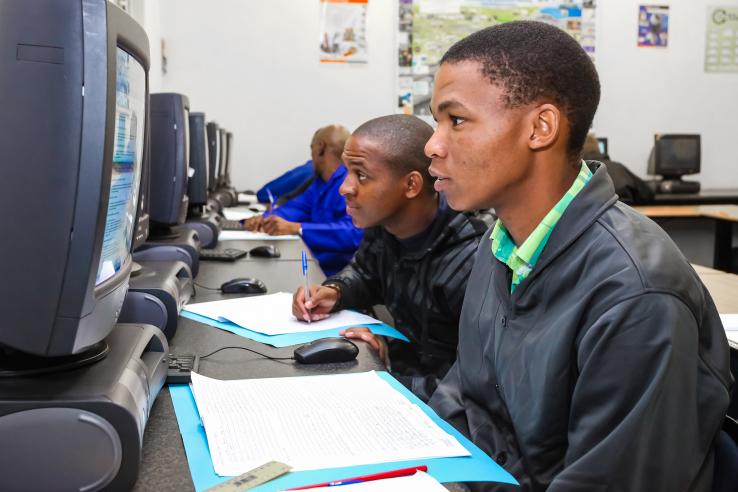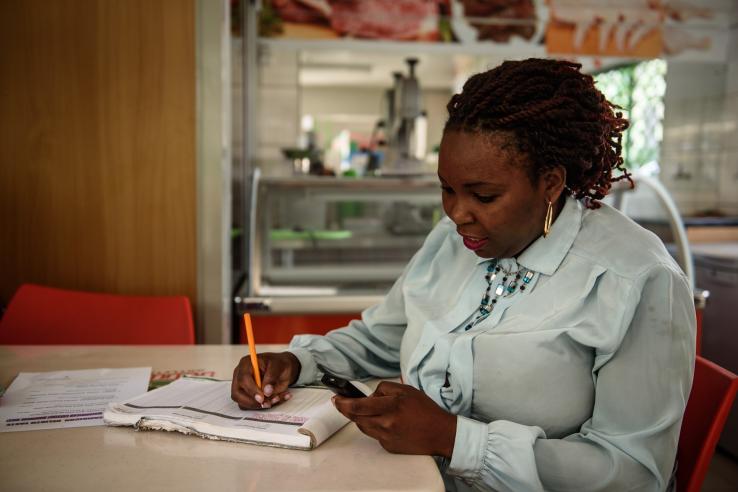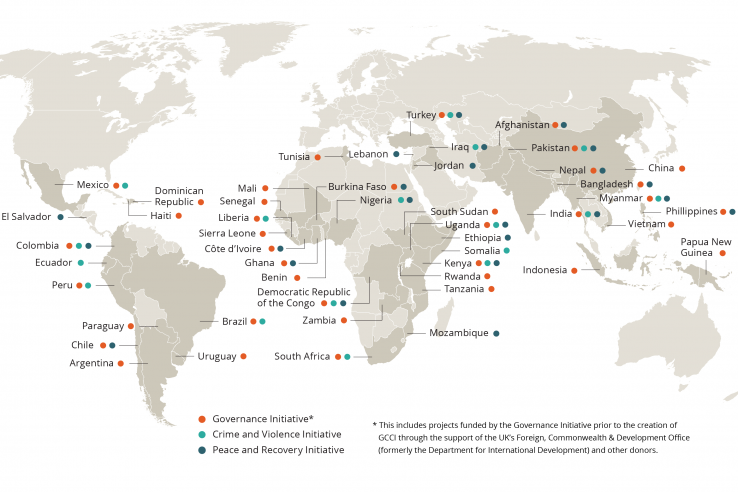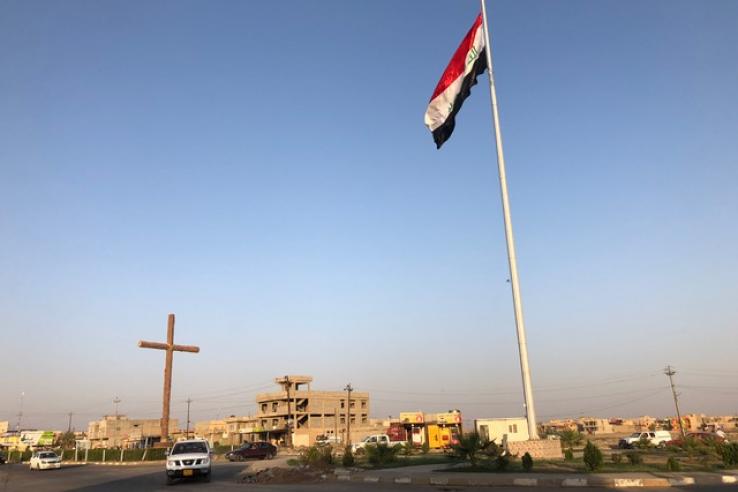Why aren’t farmers using improved agricultural technologies to increase their profits? Lessons from ten years of research in the Agricultural Technology Adoption Initiative
Policy Insights in Firms
J-PAL’s Firms sector focuses on private sector development and job creation. Our policy insights below summarize general lessons from randomized evaluations on strategies to help firms and entrepreneurs grow, create jobs, become more productive, and improve workers' lives and other development...
